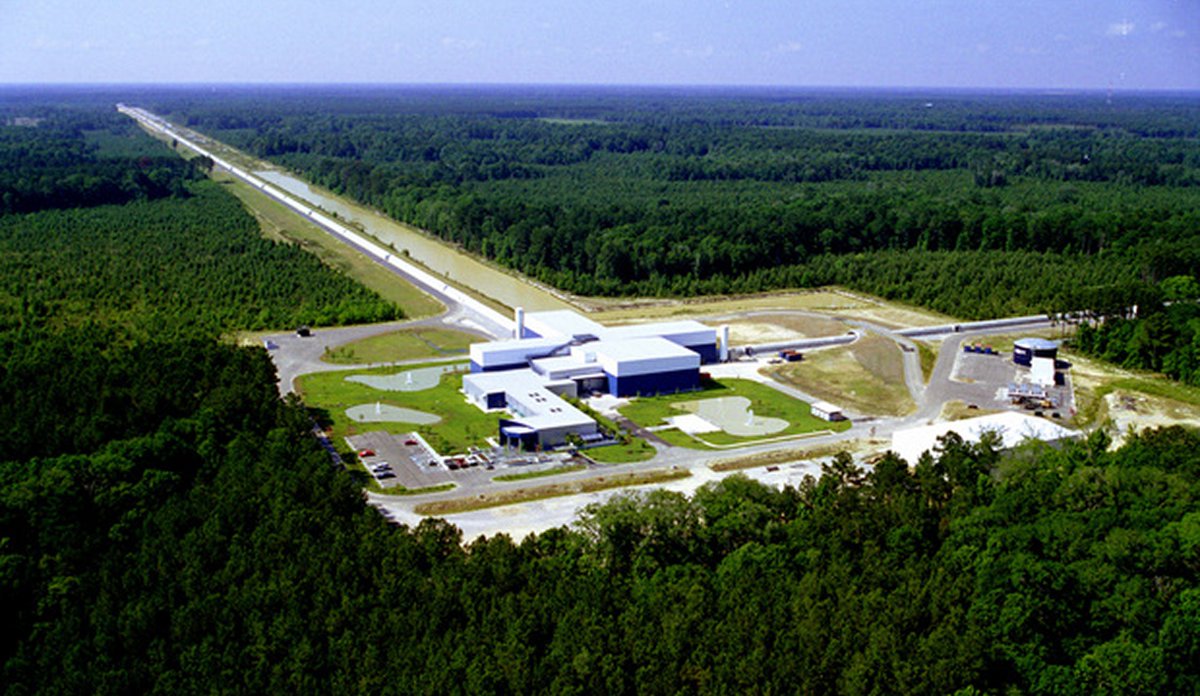Congratulations to @demishassabis, John Jumper, and David Baker who will be awarded the Wiley Foundation 20th annual Wiley Prize in Biomedical Sciences on April 1: dpmd.ai/Wiley-Prize 🧵 1/7
Demis and John accept the award on behalf of the @DeepMind team who worked on #AlphaFold, which was recognised as a solution to the “protein folding problem” at CASP14 in Nov 2020: dpmd.ai/casp14_blog 2/7
From the start, we committed to giving broad access to our work and, in July 2021, we published our methods in @Nature along with the open source code.
Paper: dpmd.ai/alphafold-meth…
Open Source: dpmd.ai/alphafold-gith… 3/7
Paper: dpmd.ai/alphafold-meth…
Open Source: dpmd.ai/alphafold-gith… 3/7

A week later, we launched the AlphaFold Protein Structure Database, in partnership with @emblebi - more than doubling the number of high-accuracy human protein structures available. Over 400,000 researchers have already used it: dpmd.ai/alphafolddb 4/7
In October 2021 we launched AlphaFold-Multimer, which properly accounts for multi-chain proteins (complexes): dpmd.ai/alphafold-mult… 5/7 

And in January 2022 we added 27 new proteomes (190k+ proteins) to the database, 17 of which represent Neglected Tropical Diseases that continue to devastate the lives of more than 1 billion people globally: dpmd.ai/NTD 6/7 

A huge congratulations to the whole team who made this breakthrough happen! Check out our AlphaFold timeline for further info: dpmd.ai/AFtimeline 7/7 

• • •
Missing some Tweet in this thread? You can try to
force a refresh









